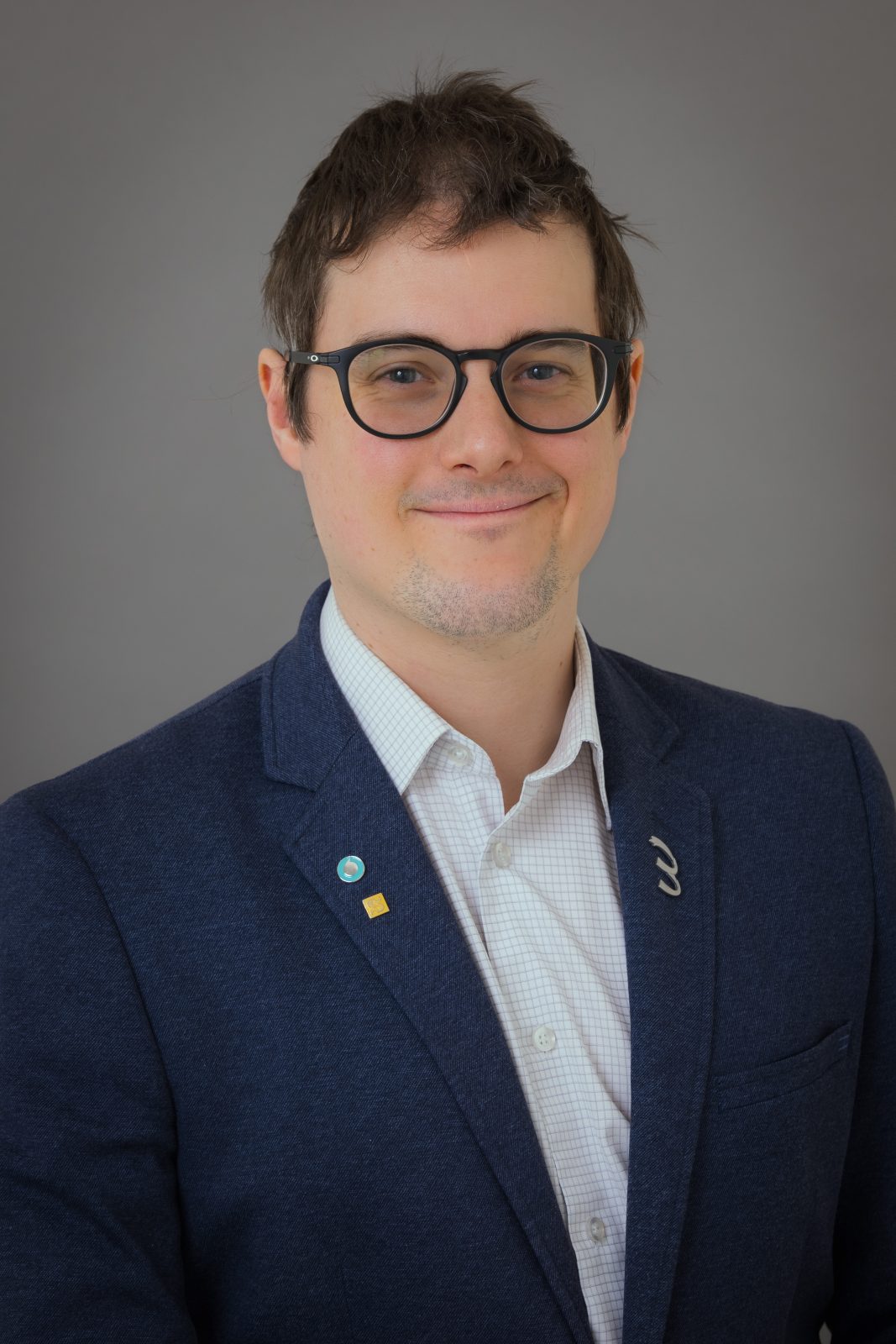By Lawrence Belanger
Local Journalism Initiative
A network of more than 300 researchers across Canada will be conducting medical research into post-COVID syndrome (PCS), commonly referred to as “long COVID.” The network, Long COVID Web, recently received $20 million in funding from the federal government for the next five years. One of the co-directors of this project, Simon Décary, an associate professor at the Université de Sherbrooke, spoke over the phone with The Record to talk about the goals of the project and to share details about his work.
“The big aim of the research network is to find better ways to diagnose and treat long COVID,” says Décary. He explains that although researchers are in a better position than at the start of the pandemic when it comes to identifying and diagnosing long COVID, they still don’t know much about the cause, or how to treat the symptoms.
“When you get to 12 weeks of symptoms, you now fit the clinical definition of long COVID,” explains Décary. Then, there’s a natural recovery process that can last anywhere from another 12 weeks to one or even two years. Improving treatment during this recovery process would reduce the socio-economic impacts of PCS, according to a press release from the Canadian Institute of Health Research.
With Long COVID Web, “there are two streams of research,” Décary explains.
The more rapid one is the adaptation of existing medications to treat PCS symptoms.
One of the symptoms they seek to treat is post-exertional malaise. According to Décary, the malaise “relapses all your symptoms when you do any small type of exertion, either physical or cognitive.”
This can be disabling, states Décary. The first stream of research is thus focused on identifying if there’s an existing drug for another ailment, such as the diabetes drug Metformin. Or, he adds, “say for example, if you have cardiovascular problems,” the research network will investigate to see if there is a “medication that already exists that we can adapt.”
The second stream’s efforts are further off from bearing any fruit, as it’s trying to find “a cure,” in Décary’s words. “The molecular pathways are not perfectly defined yet,” meaning the source of long-COVID isn’t well known. Long COVID’s biomarker has not yet been discovered, so blood tests to look for PCS aren’t possible yet.
With a background in chronic pain and rehabilitation, Décary explains how his “program of research is mainly about care models,” which involves contacting post-COVID clinics around the world and asking them questions about the sorts of care they deliver, their diagnosis methods, and their best rehabilitation strategies.”
Furthermore, treatment is scarce, as many physicians don’t have training on new discoveries from the last three years. As part of Long COVID web’s work, “I also do medical education,” explains Décary.
He uses his research to answer the question of how to train primary care physicians to diagnose long COVID. “Post-COVID clinics actually exist mainly to…create expertise,” he explains. “Post-COVID clinics by themselves cannot serve everybody that has long COVID.”
As these clinics build expertise, “we do training programs for other physicians that increase access [to long-COVID treatment].”
Décary says that even though socially, economically, and politically, we’ve moved “beyond the pandemic,” there are still thousands of infections daily, and the World Health Organization has not declared the pandemic over.
He notes that technically speaking, the HIV pandemic has been going on for 30 years, so it’s possible that COVID-19 will continue to officially be a pandemic for more than the foreseeable future, regardless of the existence of public health measures.
Décary jokes that he views the investment from the government as politicians and society saying “look, scientists, please take care of this for us in the next five years.”
According to a press release from the Government of Canada, the Canadian Institutes of Health Research (CIHR) have invested $20 million into the development of the Long COVID Web. The investment comes on the recommendation of the Chief Scientific Officer’s report to the Canadian government to fund more research into long-COVID.
“I want patients to be reassured,” urges Décary. “Scientists all over Canada are going to work on this for five years. We’re not going to forget about them.”
Interested members of the public can find out more about the network on its website (longcovidweb.ca), which will be launching a freely-available knowledge mobilization portal containing the network’s findings and research.



